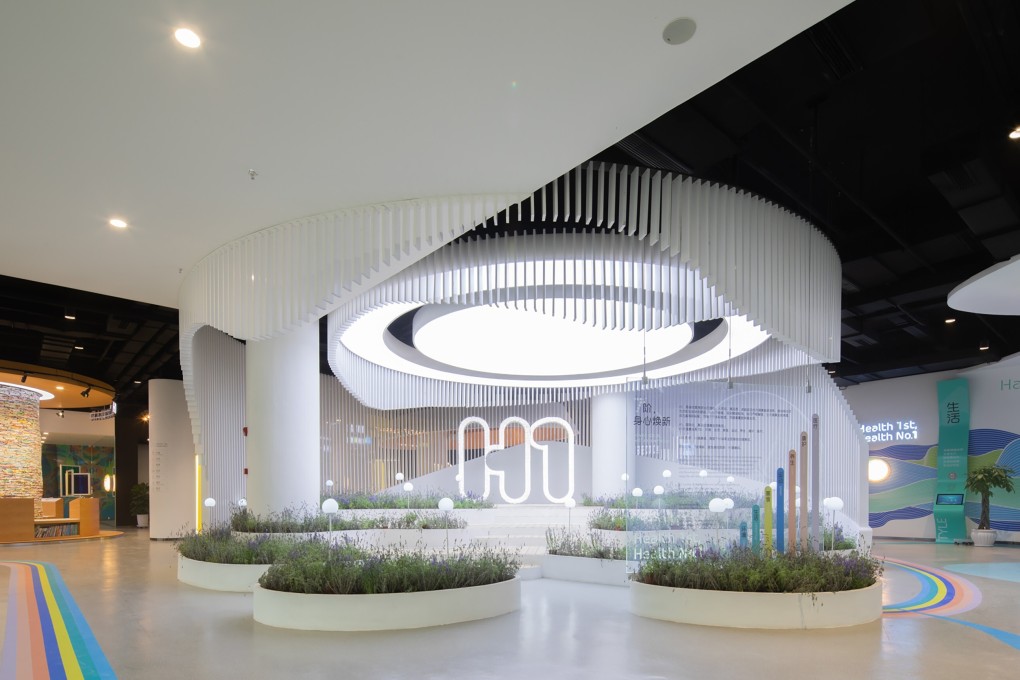Advertisement
Greenland, Vanke, Sunac among developers planning health care facilities in new residential projects as Covid-19 changes mindsets and lifestyles
- Developers need to adapt to the change in people’s mindsets following the coronavirus crisis, says a senior executive at Greenland
- Greenland Hong Kong is ploughing US$4.4 billion into a mega project in Kunming as it pioneers what it calls ‘health care towns’
Reading Time:2 minutes
Why you can trust SCMP

Greenland, Shanghai’s largest developer, is looking to add a new dimension to its high-end residential properties by building medical facilities such as hospitals and clinics, as Covid-19 ushers in a wave of stronger demand for health care.
Chen Jun, an executive president of Greenland, said developers needed to adapt to the change in people’s mindsets following the pandemic.
“The coronavirus outbreak is having a huge impact on people’s lifestyle and mentality,” he told the Post. “People desire professional health care services in their own communities.”
Advertisement
Chen said the company wants to be a trailblazer among Chinese developers in melding medical services into residential projects.
The Shanghai-based developer is joining a race against a clutch of rivals including China Vanke, the mainland’s third-largest home builder, China Poly and Sunac China in developing residential complexes that include health care facilities.
Advertisement
Advertisement
Select Voice
Choose your listening speed
Get through articles 2x faster
1.25x
250 WPM
Slow
Average
Fast
1.25x